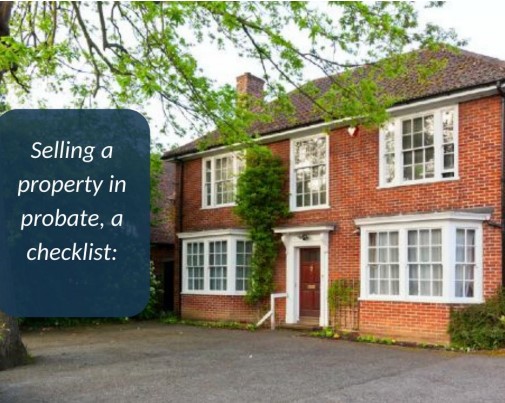Changes to landlord tax affecting UK property owners
Due to financial relief changes by the Tory government that came into force in April, landlords are finding themselves having to pay up to three times more taxes than before.
For many years, many government officials have blamed the wealth of landlords for buying up cheap homes and thereby preventing prospective first-time buyers from gaining a foothold on the property ladder.
In April 2016, the Tory government took steps to prevent landlords from buying any further properties by raising stamp duty tax – ultimately a failure as the move allowed landlords to simply pass on the extra costs to tenants, with higher rents making it harder for them to save for a deposit of their own.
Prior to the stamp duty hike, however, then chancellor George Osborne announced in the 2015 summer budget that there would be upcoming changes to the way landlord’s finances are regulated with regards to tax relief.
At the moment, landlords are allowed to deduct various costs such as their mortgage interest from their taxable rental income, but the changes implemented between April this year and April 2020 will see this tax relief eliminated in its entirety, ultimately doubling or even tripling the amount of tax owed by many.
Who is affected?
Over 60% of all UK landlords rent out just a single property. For many landlords, this was a way of securing an investment for extra income, or simply a dependable retirement fund. However, for those landlords who are still working in their day-to-day lives with a reasonable income, the additional hike in tax on their rentable property will push them into a higher tax bracket – effectively forcing them to pay more than they are currently earning from tenants.
While more wealthy landlords are more likely to be less affected as they will already be within a higher tax bracket – the amount of income they derive from their properties will be greatly reduced, with mortgage brokers predicting a drop in profits of up to 84% for many.
How will this affect the market?
A large number of landlords have already seen the writing on the wall and started offloading properties to save money. Unforeseen consequences of the move by the Tories, however, are that by being forced to sell, many landlords have had to serve notice on certain tenants, some of whom are neither in a position to negotiate a new let, nor apply for a mortgage themselves.
While this move may open up a number of properties for first-time buyers to purchase, other unrelated influences are still preventing younger people from finding the necessary resources to fund a deposit, and as a result, many landlords are finding it harder to sell for a decent price.
For landlords who need to sell their house fast, enquiries into property buying companies are skyrocketing due to their offer to buy homes directly for cash, regardless of condition or location. And if the current trend continues, they are urged to contact companies such as National Homebuyers who confidently state that ‘we will buy any home’ to ensure a quick sale.
Are you a landlord who is planning to sell? Why not ask National Homebuyers for advice, as we buy any house. Call 08000 443 911 or request a call back to find out how much you could get for your property.






